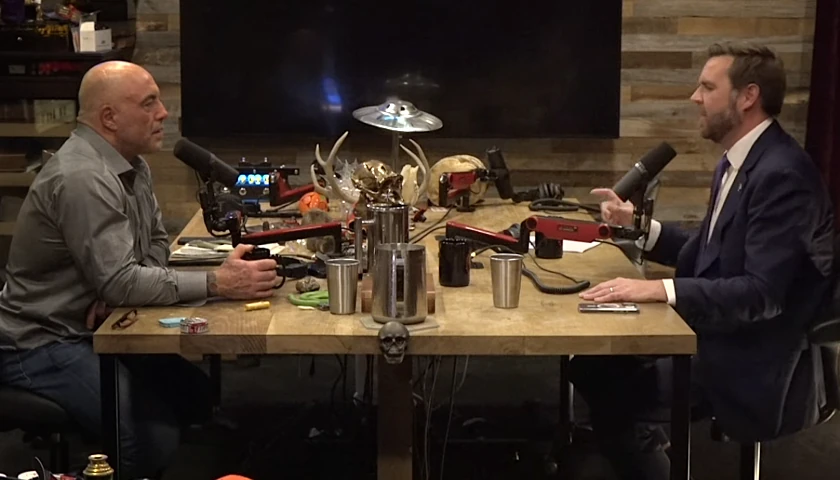by Andrew Wilford
Most IRS guidance documents make for poor pleasure reading. Then again, most IRS guidance doesn’t effectively impose a retroactive tax on small business owners merely for having a family. IRS Notice 2021-49, issued on August 4, includes a bizarre interpretation of the law that will effectively raise taxes for business owners with close relatives, even if their family members have no involvement in the company.
A core goal of the Coronavirus Aid, Relief, and Economic Security (CARES) Act passed early on in the pandemic was to assist businesses in keeping employees on their payroll even as they dealt with the economic effects of lockdowns. Part of the plan was the Employee Retention Tax Credit (ERTC), which provides a tax credit against employer payroll tax liabilities.
By the time the ERTC is set to expire at the end of 2021 (though the bipartisan infrastructure bill would end eligibility earlier, at the end of September), the Joint Committee on Taxation estimates that employers will have claimed just under $36 billion as a result of it. But if the IRS gets its way, business owners, especially those owning smaller businesses, will owe a lot of that back.
That’s because the IRS somehow managed to conclude, through ridiculous mental gymnastics, that wages paid to business owners are ineligible for ERTC if that owner has a sibling, parents, or children. No, not immediate family members who are involved in the business in any way — simply the existence of familial bonds at all is sufficient to disqualify business owners from claiming the ERTC on their own wages. Keep in mind that, under Notice 2021-49, business owners are still perfectly free to claim the ERTC on wages paid to themselves so long as they lack these familial ties.
Here’s how the IRS arrived where it did. The CARES Act used legal eligibility requirements laid out in the Work Opportunity Tax Credit (WOTC), which disallows the credit for wages paid to close relatives and to any individual controlling more than 50 percent of the business in question. Business ownership shares are determined by Section 267 of the Internal Revenue Code, which counts shares owned by close relatives of the majority owner as being owned by the majority owner themselves, in order to prevent abuse by shifting shares to close relatives.
That may make some sense, but here’s where the IRS really goes off the rails. Because Section 267 of the Internal Revenue Code treats close relatives owning shares as being the same as the majority owner, the IRS concludes that close relatives are the same as the majority owner. At the same time, wages paid to those relatives are ineligible for the ERTC. So, the IRS says, wages paid to the majority owner are ineligible because the majority owner is a close relative of his or her own relatives, who the IRS sees as being the same as the majority owner.
If that doesn’t make any sense to you, don’t worry; it doesn’t make sense to many tax professionals either. It’s hard to overstate how absurd this conclusion is. No one could seriously believe that Congress intended to punish business owners for having family members, nor could they think that Congress wanted to reward business owners who have avoided such pernicious attachments as having parents, siblings, or children.
And while it may be tempting to laugh at how silly this rule is, it will have real impacts if Congress doesn’t act to correct it. The ERTC has primarily benefited small businesses, as over 75 percent of businesses claiming the credit have less than 10 employees, and well over half have less than five. The rule is also retroactive, meaning that these small businesses would be expected to pay back a significant portion of the ERTC benefit they have already received.
This is hardly the first time that Congress has had to rein in harmful IRS interpretations of written law, though this time it’s hard to blame them for not foreseeing that the IRS would come up with such a patently ridiculous interpretation of the law it passed. Nevertheless, it’s now up to Congress to do something about it before the IRS is able to enforce its bizarre ruling.
– – –
Andrew Wilford is a policy analyst with the National Taxpayers Union Foundation, a nonprofit dedicated to tax policy research and education at all levels of government.
Photo “Home of the Internal Revenue Service” by Joshua Doubek. CC BY-SA 3.0.








